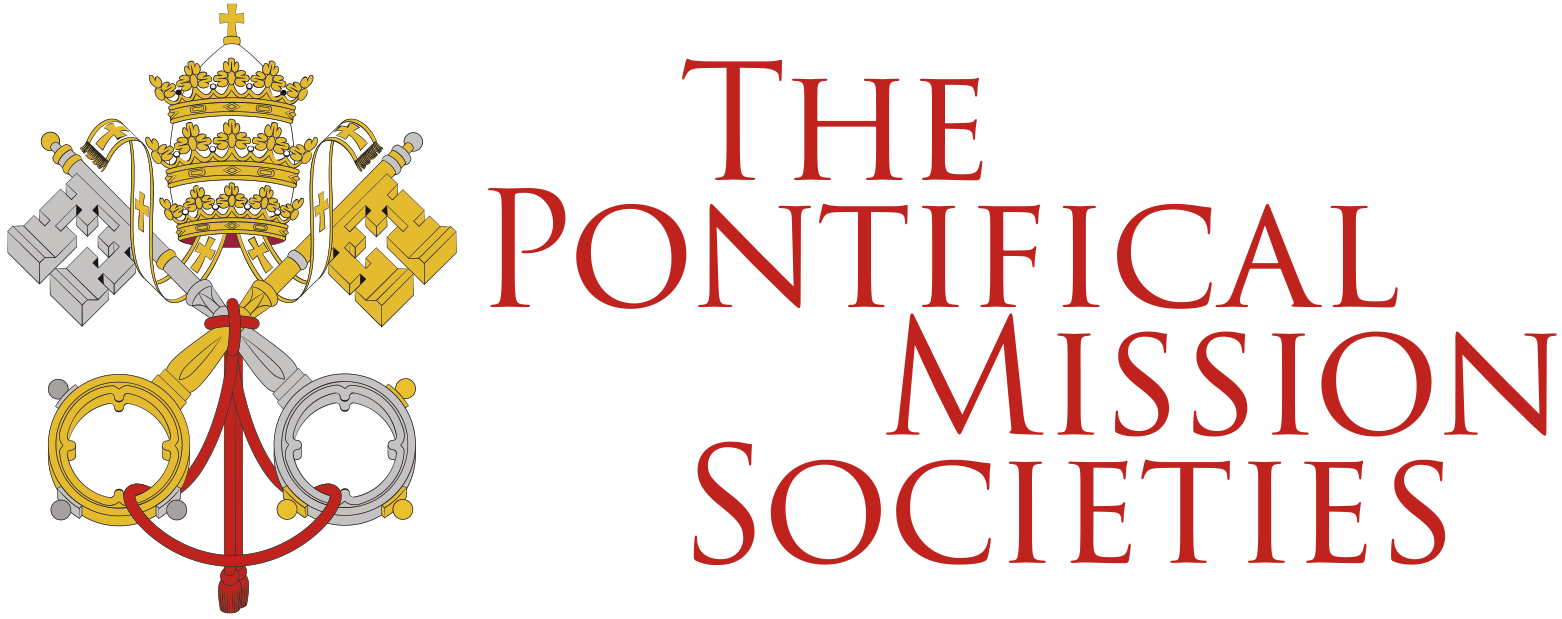
Italian Bishop Anthony Pagano OFM Cap, Apostolic Vicar of Harar, in Ethiopia, never had the chance to be a “young, green priest.” Days after his ordination in 1988, he was sent to Cameroon, where in a year, he became the parish priest of the largest Capuchin mission. Two years later, he became the Superior of the Order in this country and seven years after that, he was sent to the Capuchin’s mission in Ethiopia, a country marred by ethnic conflicts and political unrest. In 2016, Pope Francis appointed him Apostolic Vicar of Harar. Ethiopia, a nation with a storied Christian heritage, has been gripped by violence in recent years. The northern Tigray region has seen a cessation of large-scale conflict but remains scarred by sporadic skirmishes that threaten the fragile peace. “The situation in Ethiopia these days is not very pretty,” Bishop Anthony lamented, reflecting on the ethnic strife that continues to disrupt lives.
The Ethiopian Orthodox Church, one of the oldest Christian institutions in the world, finds itself in a delicate dance with the Muslim population, where mutual disrespect has often escalated into violence. “There are those who burn churches and others who burn mosques, leading to a tragic loss of life,” the prelate said, painting a picture of a country divided by faith yet united in suffering.
Despite representing less than 1% of the population, the Catholic Church plays a pivotal role in Ethiopia’s social fabric. “We are almost insignificant in number, but we are one of the main charitable institutions in the country,” Bishop Anthony asserts. His vicariate, home to 8 million people, is a beacon of charity, with a Catholic community of just 10,000. Yet, their impact is profound, running schools, orphanages, and hospitals that serve the wider community.
The bishop shares a harrowing tale from October 2018, when violence erupted as he was blessing a chapel during its inaugural Mass. “A group of about 50 men attacked the neighboring Orthodox church, killed the priest and others, and then turned their violence toward us,” he recalled.
After six hours being held hostage, the congregation was released, only to face another assault that night.
Bishop Anthony currently has two seminarians studying in Rome’s Pontifical Urban College, which stands in the Janiculum Hill overlooking St. Peter’s Basilica. They are there with the help of a scholarship from the Society of St. Peter. This opportunity, he said, “is fundamental. Training in Rome offers a global perspective that is invaluable for Ethiopian seminarians, who navigate the complexities of a country with both Oriental and Latin rites. Ethiopia has always been a proud, somewhat closed country. Opening horizons by knowing other realities can be a positive experience.”
The tiny presence of the Church in Ethiopia, Africa’s second most populous country with 120 million people, might seem inconsequential, but Bishop Pagano draws a parallel to the Gospel: “Jesus chose twelve apostles and called them to be salt and light of the earth.” The Catholic Church’s witness in Ethiopia, though numerically modest, leaves an indelible mark.“When I walk the streets in my habit, people stop me to share how they were educated by religious sisters or priests. Something remains, even if conversion is not always possible.”
Read more stories in MISSION Magazine.



